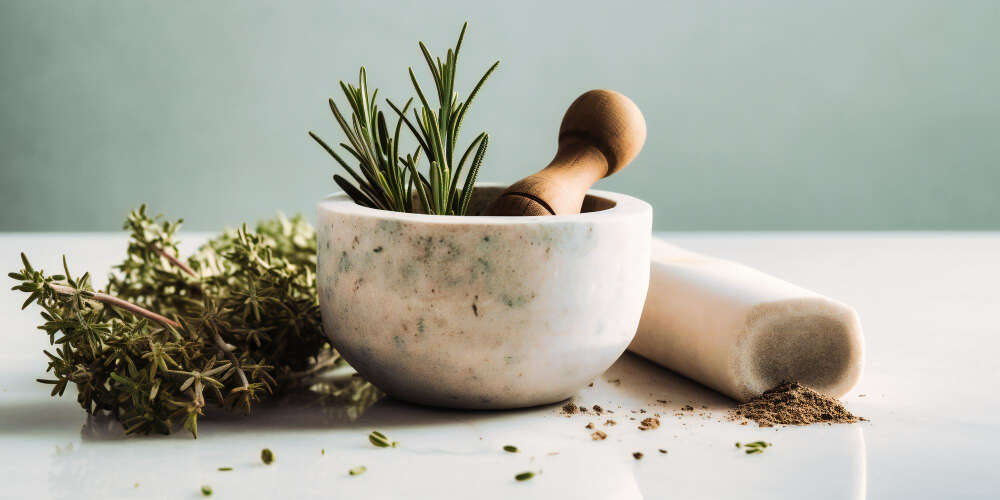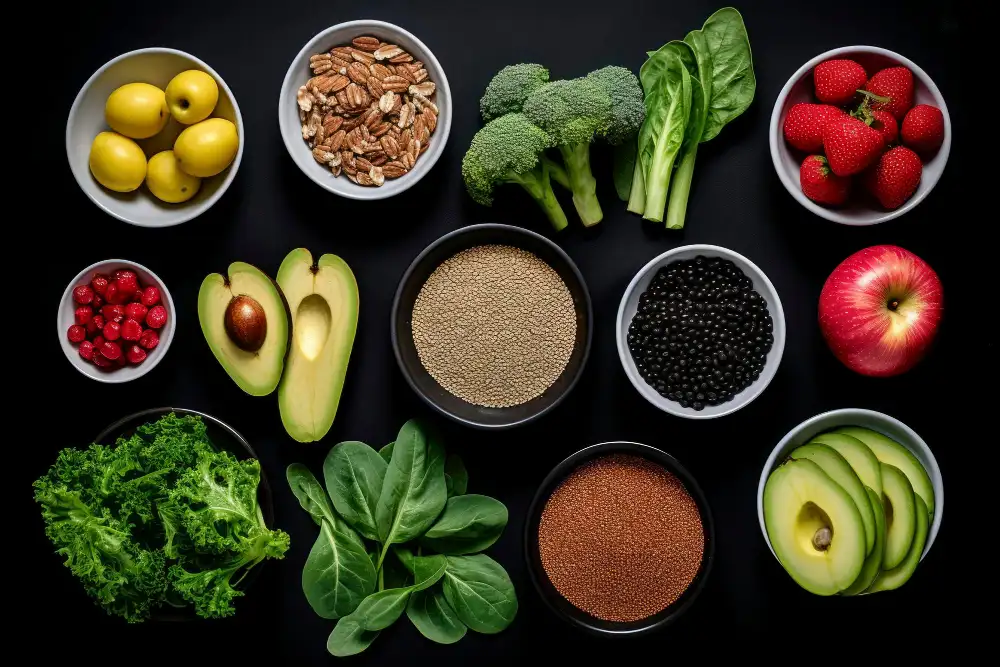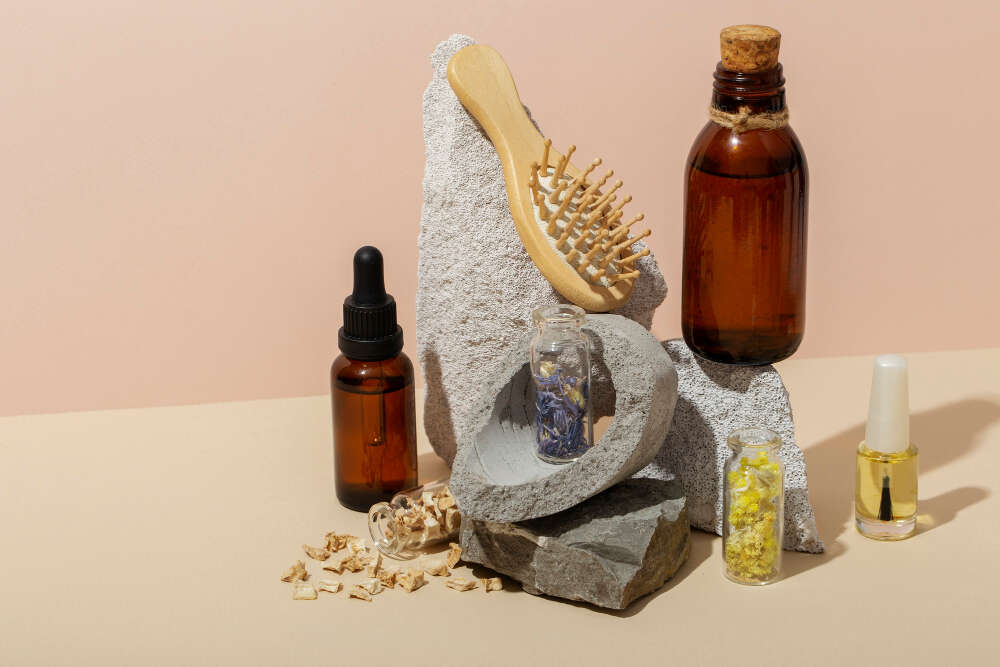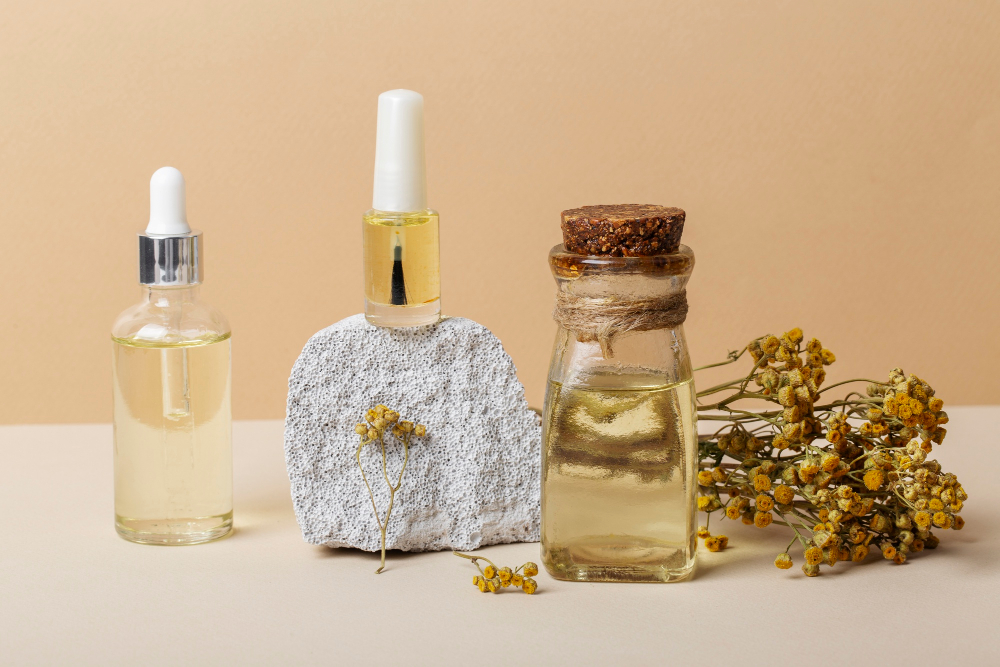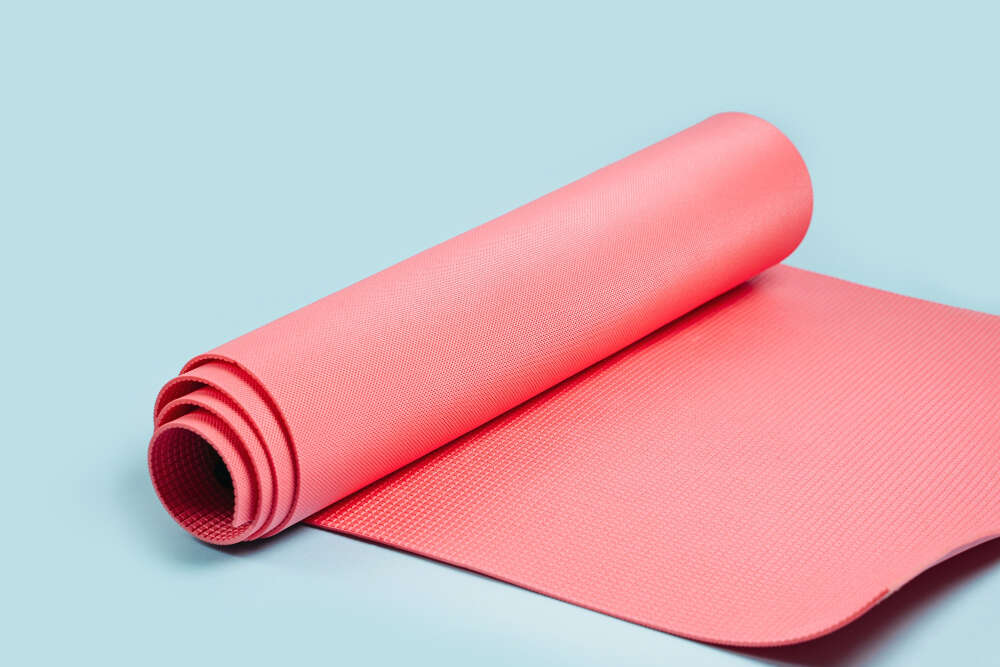Headaches, a common ailment affecting individuals worldwide, can disrupt daily life and diminish quality of life. While many seek refuge in medication, an increasing number are turning towards more natural solutions, including dietary changes and specific beverages, to alleviate their discomfort. This article delves into the healing power of hydration and the specific drinks that can offer relief from headaches, exploring how something as simple as your daily beverage choice can significantly impact your wellbeing.
The Science of Hydration and Headaches
Understanding Dehydration Headaches
Dehydration headaches occur when the body loses more fluid than it takes in. This imbalance can cause the brain to temporarily contract or shrink, pulling away from the skull and triggering pain. Restoring hydration quickly reverts the brain to its normal state, alleviating the headache. This section can explore the physiological processes behind dehydration headaches, emphasizing the importance of maintaining fluid balance for optimal brain function.
How Hydration Aids in Headache Relief
Hydration supports every cellular function in the body, including those in the brain. Adequate fluid intake ensures that the brain remains well-cushioned and the blood vessels function efficiently, facilitating oxygen and nutrient delivery while removing toxins. Highlighting the role of hydration in maintaining this balance can help readers understand how it directly influences headache frequency and severity.
Discover other techniques to help relief headaches in our article Holistic Approaches to Soothing Headaches.
Beverages for Headache Relief
Water: The Ultimate Remedy
Water is the most effective drink for preventing and treating dehydration headaches. Its simplicity and accessibility make it an ideal first line of defense against headache pain. Encourage readers to consume a steady amount of water throughout the day, especially before, during, and after activities that increase fluid loss, such as exercise or exposure to high temperatures.
Herbal Teas: Nature’s Soothing Brews
Herbal teas offer more than just hydration; they provide therapeutic compounds that can directly target headache symptoms. For instance, peppermint tea contains menthol, which can relax muscles and ease pain. Ginger tea, with its potent anti-inflammatory properties, can reduce nausea often associated with migraines. Chamomile tea is known for its calming effects, which can alleviate stress-related headaches.
Fruit and Vegetable Juices: Nutrient-Rich Relief
Juices made from fruits and vegetables high in magnesium, potassium, and antioxidants can support overall health and help reduce headache occurrences. Beetroot juice, in particular, increases nitric oxide levels in the body, improving blood flow and potentially reducing migraine frequency. Cucumber water hydrates and detoxifies, while spinach-apple juice offers a magnesium boost to prevent migraines.
Caffeinated Drinks: A Double-Edged Sword
Coffee and Tea: Temporary Relief with Caveats
Caffeine can offer temporary relief for tension headaches and migraines by constricting blood vessels and reducing inflammation. However, it’s crucial to moderate intake, as excessive consumption can lead to caffeine withdrawal headaches. A discussion on balancing the benefits of moderate caffeine use against the risk of dependency and rebound headaches will provide a comprehensive view.
Energy Drinks: Use with Caution
While energy drinks can offer a quick fix for headache relief due to their caffeine content, they often contain high levels of sugar and other stimulants that can exacerbate headaches in the long run. Highlighting the potential risks associated with their consumption, including increased heart rate and blood pressure, can help readers make informed choices about using energy drinks for headache relief.
Hydration Tips for Headache Prevention
Daily Hydration Goals
Setting daily hydration goals can prevent the onset of dehydration-related headaches. Recommendations for daily water intake can vary based on individual factors, including weight, activity level, and climate. Providing guidelines for calculating personal hydration needs can empower readers to maintain optimal fluid balance.
Incorporating Hydrating Foods
Encourage incorporating hydrating foods into the diet, such as watermelon, cucumbers, strawberries, and peaches, which can boost fluid intake and provide essential nutrients. These foods not only contribute to overall hydration but also offer vitamins and minerals that can support headache prevention.
Alternative Hydration Methods
Electrolyte-Rich Drinks for Intense Recovery
For those engaging in high-intensity activities or recovering from significant fluid loss, electrolyte-rich drinks can restore balance more effectively than water alone. These beverages replenish sodium, potassium, and other essential electrolytes, preventing the headaches that can accompany electrolyte imbalances. Advising when and how to incorporate these drinks into a hydration strategy for headache prevention can offer valuable guidance.
If rapid relief is what you are seeking, then our article on Swift Solutions to Banish Headaches is worth checking out.
FAQ Section
- How much water should I drink to relieve my headache?
- While individual needs may vary, starting with a standard recommendation of 8-10 glasses per day is a good baseline, with adjustments based on activity level, climate, and specific health conditions.
- Can herbal teas really help with migraine relief?
- Yes, certain herbal teas contain compounds that can relax blood vessels, reduce inflammation, and alleviate stress, all of which can help in managing migraine symptoms.
- Are there any risks to using caffeine for headache relief?
- While moderate caffeine intake can temporarily relieve headache symptoms, excessive use can lead to dependency and rebound headaches. It’s important to use caffeine judiciously and be mindful of total daily intake.
Summary & Conclusion
The journey towards natural headache relief is multifaceted, with hydration playing a critical role. This article has explored various beverages that not only quench thirst but also offer specific benefits for headache sufferers. By understanding the impact of hydration on headache prevention and relief, and making informed choices about what we drink, we can significantly improve our quality of life and well-being. Whether it’s choosing water for its purity, herbal teas for their therapeutic properties, or cautiously enjoying caffeinated beverages, each sip can be a step towards better headache management and overall health.



